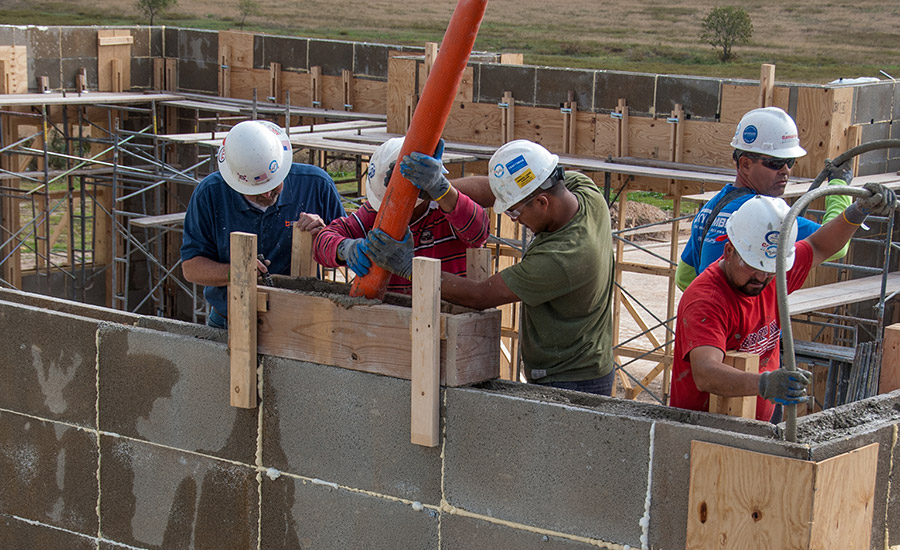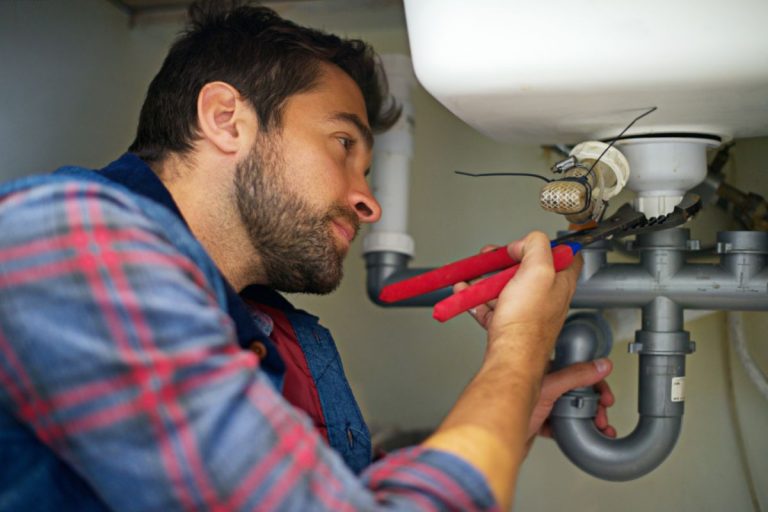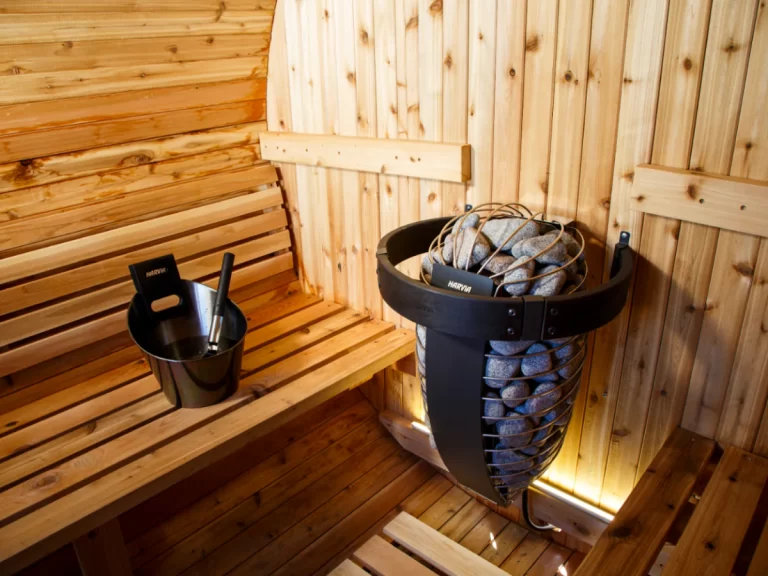In the domain of sustainable construction rehearses, insulated concrete blocks have arisen as a unique advantage, offering a heap of advantages that contribute to both energy efficiency and sustainability. These innovative building materials combine the strength and toughness of concrete with the prevalent insulation properties of froth, resulting in structures that are versatile as well as harmless to the ecosystem. How insulated concrete block contribute to energy efficiency and sustainability in construction.
Upgraded Warm Execution
One of the essential ways insulated concrete blocks contribute to energy efficiency is through their prevalent warm execution. Conventional concrete designs are known for their unfortunate insulation properties, leading to warm misfortune in winter and intensity gain in summer. However, insulated concrete blocks highlight a layer of insulating froth sandwiched between two layers of concrete, creating a warm boundary that manages indoor temperatures all year. This lessens the requirement for heating and cooling, resulting in lower energy utilization and service bills.
Diminished Ecological Effect
As well as improving energy efficiency, insulated concrete blocks likewise gloat a diminished natural effect contrasted with customary building materials. The manufacturing system for concrete commonly involves high energy utilization and ozone harming substance outflows. However, insulated concrete blocks frequently incorporate reused materials and use energy-effective creation techniques, reducing their carbon footprint.

Strength and Versatility
Insulated concrete blocks offer unrivaled strength and flexibility, making them ideal for sustainable construction projects. The combination of concrete and froth makes major areas of strength for a, structure that can withstand outrageous weather patterns, seismic movement, and fire risks. This toughness guarantees the life span of the building as well as diminishes the requirement for regular remodels and substitutions, minimizing construction squander and conserving assets in the long run.
Further developed Indoor Air Quality
One more key advantage of insulated concrete block is their capacity to improve indoor air quality. The impenetrable construction of insulated concrete block structures forestalls the infiltration of outside poisons, allergens, and dampness, creating a better and more agreeable indoor climate for tenants. Also, the inert idea of concrete diminishes the gamble of shape development and allergen gathering, further improving indoor air quality and promoting inhabitant prosperity.
Insulated concrete blocks are a cornerstone of sustainable construction, offering a huge number of advantages that contribute to energy efficiency and ecological sustainability. From upgraded warm execution and diminished ecological effect on unrivaled sturdiness and further developed indoor air quality, insulated concrete blocks are revolutionizing the manner in which we work for what’s in store. By incorporating these innovative building materials into construction projects, we can make better, stronger, and more sustainable networks for a long time into the future.



















